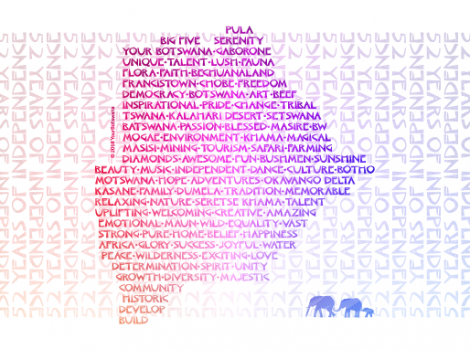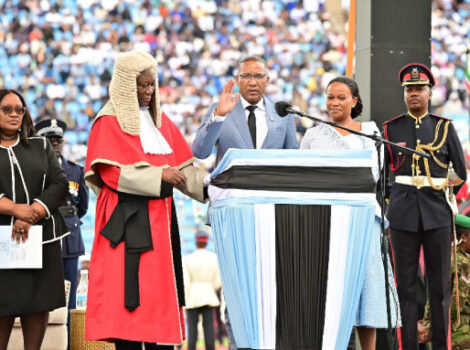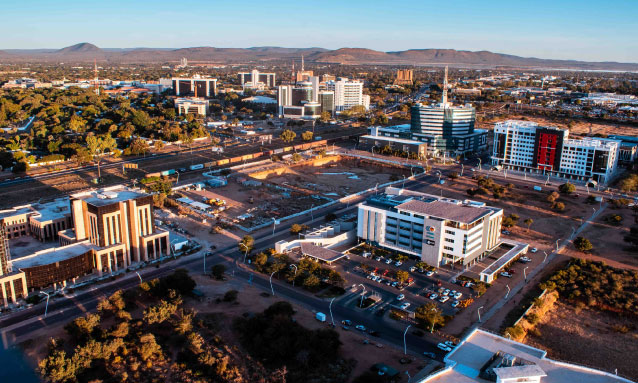
Today, Botswana is not only prosperous but also relatively free. It offers its inhabitants the highest degree of freedom on the African continent. Classical liberalism, as economist Deirdre McCloskey argues in his trilogy The Bourgeois Era, is primarily responsible for the Great Enrichment in Western Europe and North America.
However, its major principles – notably the limitation of public powers, equality before the law, free trade and fiscal probity – are not the exclusive preserve of the West. Just look at the rise of Hong Kong. Another success story that speaks to the universal applicability and adaptability of classical liberal principles is Botswana. While by no means perfect, Botswana has outperformed the rest of Africa economically and, to some extent, politically. Other African nations would do well to learn from its experience.
Let’s start by looking at Botswana’s economic performance. In 1966, when the protectorate of Bechuanaland gained independence from Britain, its GDP per capita was barely $518 per year. In 2018, it stood at $8,031, an increase of 1,450%. Over the same period, the world average increased by 136%, from $4,625 to $10,894.
In other words, Botswana’s economy has grown ten times faster than that of the rest of the world. The country’s economy is even more impressive compared to that of its immediate neighbours. Between 1966 and 2018, South Africa’s per capita GDP grew by 32%, from $5,631 to $7,434, and Zimbabwe’s by only 35%, from $981 to a paltry $1,322.
Botswana’s life expectancy, which is a good indicator of general living standards, is also doing well, dropping from 52 years in 1966 to 69.3 years in 2018. This means that the gap in life expectancy between Botswana and the world average has narrowed, albeit by less than a year (from 4 years to 3.3 years). The same cannot be said for South Africa and Zimbabwe, whose gap in life expectancy from the world average widened over this period from 5.3 to 8, 7 years for the first, and less than a year at a whopping 11.4 for the second.
Why has Botswana succeeded where its neighbours have failed? The dominant theory, proposed by people like Professor Scott Beaulier, is that the colonial imprint of Bechuanaland (1885-1966) was very light, due to the poverty and geopolitical insignificance of the territory. Indigenous institutions, such as tribal assemblies and traditional standards of conduct, were able to continue to function without being violated.
This means that when Botswana became independent, traditional structures formed the backbone of the new government. In many other parts of Africa, by contrast, government structures imported from the West (or imposed by withdrawing colonial powers) have rubbed shoulders with tradition with detrimental effect.

Professor Beaulier recognises other healthy aspects of Batswana society, the main ethnic group which represents 90% of the population. One of them is its “liberal cosmopolitanism,” which has welcomed immigrants and refugees from other African countries who, in turn, have contributed to innovation and economic growth.
This helped, I guess, that Botswana was a poor and sparsely populated country, and that immigrants were not seen as a threat – which was going to change over time, as immigration from the countries surrounding areas, especially Zimbabwe, went from a trickle to a flood.
Professor Beaulier does not appear to think that Botswana’s ethnic homogeneity played a large role in the success of the country, although ethnic diversity certainly played a role in the collapse of a number of African states during of the last 80 years.
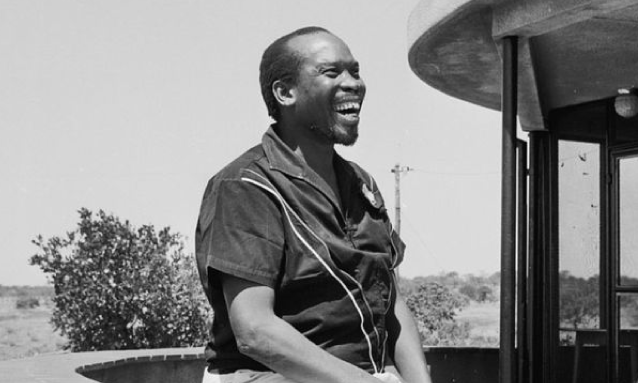
Good leadership also played a role. Between 1966 and 1980 Botswana was ruled by Seretse Khama, a tribal chief who managed to get an education in South Africa without becoming resentful of whites (he would marry a white woman later in his life) and lived in Great Britain in the 1950s without becoming a socialist.
Defenceless, Botswana (the country did not have an army until 1977) was also surrounded by fundamentally anti-Communist regimes – South Africa to the south, the mandated territory of South Africa, South-West Africa (which would later become Namibia) to the west and Rhodesia to the east. In the 1960s and early 1970s, when South African and Rhodesian powers were at their peak, socialism in Botswana would not have been tolerated.
Overall, for much of its independence, Botswana was, according to the Economic Freedom of the World report, one of Africa’s most economically free countries. While many other nations adopted some form of socialism, Botswana was, by and large, capitalist. Its fruitful relationship with giant South African mining company, De Beers deserves to be highlighted. The world-famous Botswana diamonds were discovered in the late 1960s and diamond mining began in the early 1970s. Even today, the company’s profits are shared equally between the company and the government of Botswana.
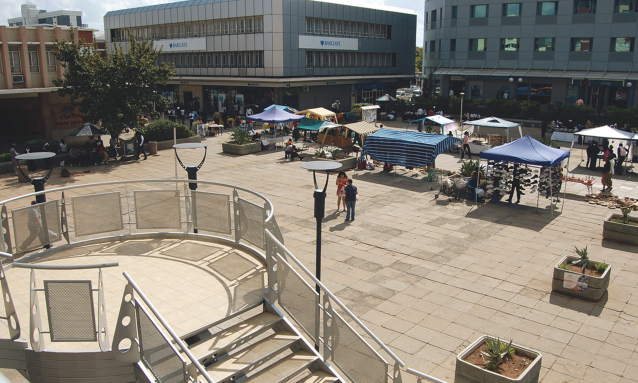
Why has Botswana not nationalised its mining industry, as it has been done in much of the rest of Africa? Was it out of an attachment to freedom or out of fear of South African hegemony? Maybe a bit of both. Today, Botswana is not only prosperous but also relatively free. According to the Human Freedom Index published by the Cato Institute, the Batswana enjoy the highest degree of freedom on the African continent, that is to say, if we exclude two African island nations, Mauritius and Cape Verde.
The country’s success is undoubtedly very contingent. But that doesn’t mean the Botswana experience is irrelevant. Its policies of economic and political freedom can and should be adopted by other African nations who are serious about improving the lives of ordinary citizens.
For the original article: http://www.contrepoints.org/2020/09/06/379547-botswana-une-reussite-remarquable-grace-au-capitalisme?utm_source=boutonspartage&utm_medium=SOCIAL&utm_campaign=LinkedIn
By Marian L. Tupy.
Translation by Vincent Andres, courtesy of CapX.co, of Botswana’s success is remarkable – and it’s down to capitalism

